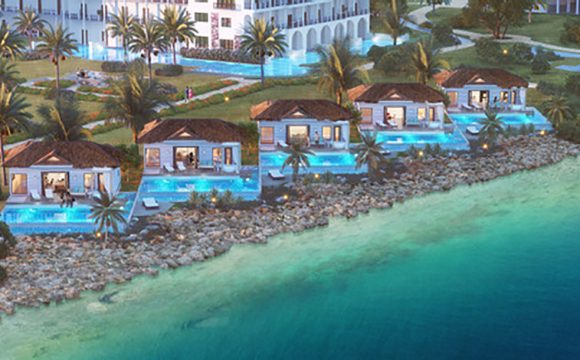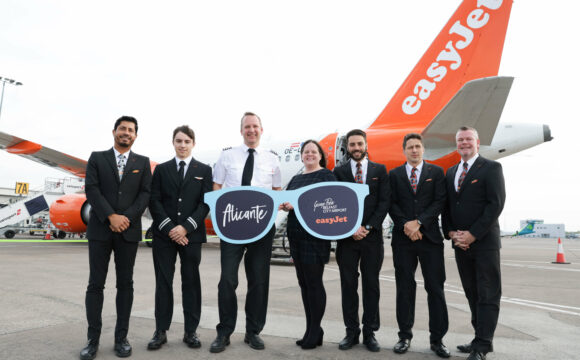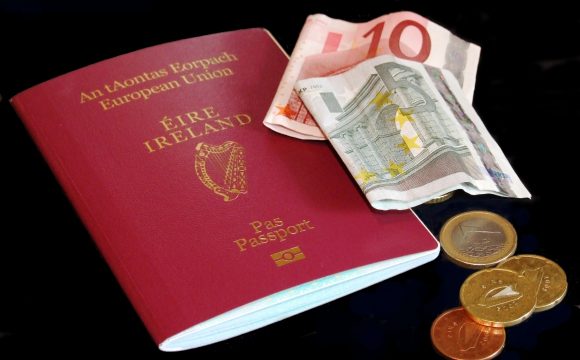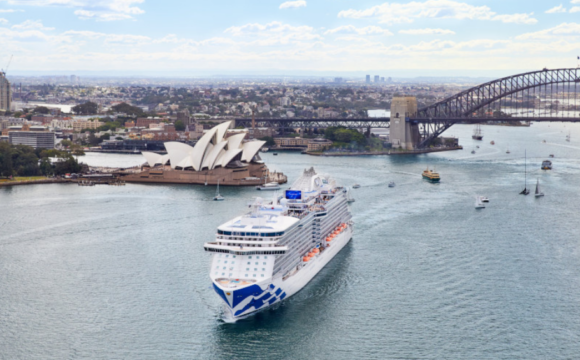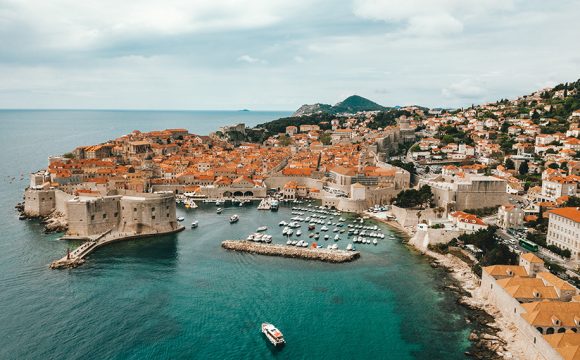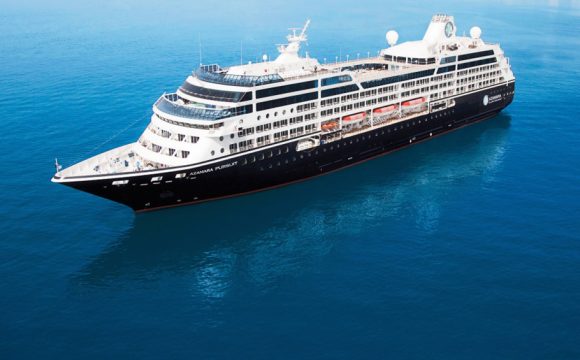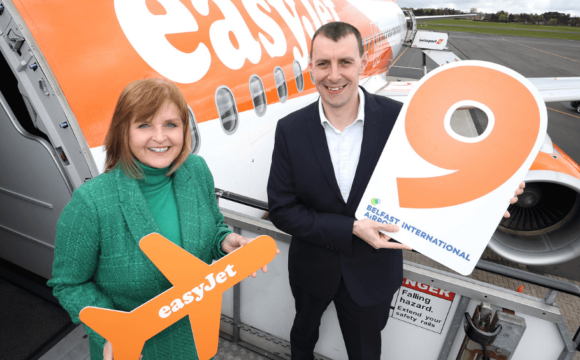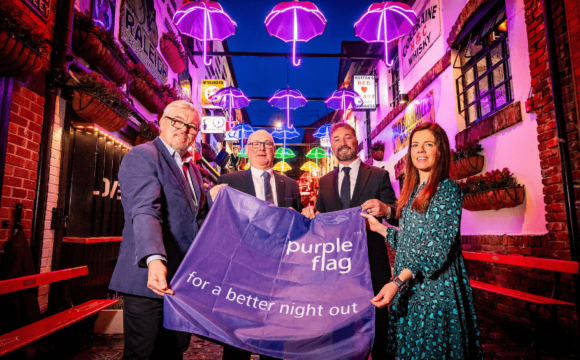With Israel high on the travel bucket list, here are some of the common misconceptions when it comes to travelling in Israel.
- Misconception 1: You’ll only eat Hummus and Falafel
Hummus and falafel are staples of the Israeli diet – you’ll be able to taste some of the best you’ve ever tasted whilst in Israel. In Tel Aviv, you can try hummus at restaurants like Hakosem, Jaffa Abu Hasan, Jerusalem Lina and Akko Said but truthfully, every Israeli you meet will have their personal favourite.
However, Israel’s obsession with food doesn’t stop with hummus and falafel. Culinary tourism is a big part of traveller itineraries, and a visit to Israel won’t disappoint. In Israel, visitors can find a vast choice of gastronomy, unique tastes and aromas, and a plethora of incredible restaurants which are all part of the richness and liveliness of Israel’s cuisine.
Often referred to as “the Land of Milk and Honey”, Israel’s food scene is deliciously unique. Try Shawarma with umba (a flavour filled mango sauce) to get a taste of Israel’s street food offering. Umba originates from India but is now a staple in Middle Eastern cooking. Being in the middle of the silk and spice route, this is just one example of how Israel combines a tapestry of flavours as part of its famous dishes.
As Israel is a country of immigrants, each group has brought with them the flavours of home, creating a rich and diverse smorgasbord of culinary traditions. This fusion of flavour can be experienced throughout the country, from the smallest street-food vender to the most elegant of high-end restaurants. Also, not only is there a never-ending choice of culinary options, but the quality of the food is high, with much of the produce grown locally. It can take just hours for produce to arrive from the field to the restaurant plates, meaning travellers can taste the freshness in every bite.
This is most evident in Tel Aviv, where its culinary charm is hard to deny – the city has been dubbed “vegan capital of the world”, and with over 400 vegan and vegetarian friendly eateries throughout the city, meat-free dishes with fresh fruit and veg are easy to come by. Tel Aviv’s vegan chefs take pride in using the freshest of vegetables, and often meander through “shuks” (markets) for seasonal menu inspiration. Whilst staple Israeli foods like hummus and falafel are innately vegan, the culinary scene in the city has seen the explosion of dynamic and flavourful green dishes, making ethical eating both delicious and exciting.
- Misconception 2: Israel is one big desert
While the southern half of Israel is taken up by the desert, the rest of the country has a huge diversity of different landscapes and climates.
The entire west side of the country is located on the beautiful Mediterranean Sea, offering spectacular beaches and warm coastal breezes. While visitors might be familiar with the sandy beaches of Tel Aviv, Israel’s coastal line is diverse. In the North, visitors can find brilliant white-chalk caves which were carved into the sea cliffs over the course of thousands of years, offering a completely different view from one you will experience in Tel Aviv or Hertzliyah.
The Galilee and Golan Heights in the north of the country are lush and green, with mountains, hills and valleys interspersed with creeks, rivers, and lakes, including the Sea of Galilee and the River Jordan. The Sea of Galilee is a freshwater lake that supplies water for both Israel and Jordan, and it’s also the world’s lowest freshwater lake, at approximately 209 to 215 metres below sea level.
Venture to the centre of Israel and visitors will discover another completely different landscape. Tel Aviv is located on the Mediterranean and as well as being the country’s “Capital of Cool”, with its gorgeous beaches, amazing culinary options and 24/7 nightlife, it is also the business centre of Israel. Just 40 minutes away from Tel Aviv is the City of Jerusalem, a living, breathing, historical monument to all the people who’ve lived, worked and built it over the many millennia.
Of course, there is beauty in the desert as well. The Dead Sea is located about 415 metres below sea level and is recognised around the world as one of nature’s great gifts. The salty body of water not only has remarkable properties that benefit health, but it is also unique in the fact you can’t sink. Visitors who wade in its water will find themselves magically floating to the top, making it a weird and wonderful sensation to experience whilst in Israel.
- Misconception 3: Israel is hard to get to and get into
Israel is just a 4.5-hour flight away from the UK, with over 70 flight options from London Heathrow, Luton, Gatwick, Stanstead and Manchester. There are a number of airlines that fly direct to Israel, including El Al, British Airways, Virgin Atlantic, EasyJet and Wizz Air, with additional options available for travellers happy to include a stopover as part of their trip. With so many flight options available, all budgets are covered when travelling to Israel.
There are many ways to book your next holiday to Israel – tourists can either book a package holiday or escorted tour with a travel agent or tour operator, or can travel independently. Visitors will not be turned away based on a stamp in their passport, however, tourists can expect questions upon landing in Israel, all of which is done so there is no comprise to safety.
In fact, Israel no longer stamps passports. Instead, visitors are given a small landing card that should remain in your passport for the duration of your stay. Visitors can show this landing card to avoid paying VAT on hotel stays, as tourists are exempt, and when visitors arrive home, the landing card can be disposed of.
Visitors also shouldn’t be too worried about the language barrier. In Israel, most of the road signs are not only in Hebrew and Arabic, but English as well. This is a nod to the local people, as well as visitors, as these are the three main languages spoken in the country. This means that should one need to ask a stranger for directions, communication shouldn’t be an issue!
- Misconception 4: Israel is just a bucket list “once in a lifetime” destination
Many people visit as Israel on a “once-in-a-lifetime” trip, but once they’ve been, they tend to want to visit again. Israel’s location makes it perfect for anything from a short city break to an epic adventure which encompasses the whole country.
Unsurprisingly, Jerusalem is high on many travellers’ bucket lists. No other city in the world has the same unique mixture of sites which hold such importance for the world’s three largest monotheistic religions: The Via Dolorosa & Church of Holy Sepulchre for Christians, Dome of the Rock and Al-Aqsa Mosque for Muslims, and the Western (Wailing) Wall for Jews, just to name a few. However, you don’t need to be religious to appreciate the scope of what Jerusalem has to offer, as its history and charm captures visitors’ imaginations beyond the scope of religion.
While Jerusalem is unique, it isn’t the only “bucket list” destination in Israel. There are a number of unique experiences you can enjoy throughout the country: visiting the lowest place on Earth and floating in the Dead Sea, exploring an underground Crusader city in Akko, taking a boat ride on the Sea of Galilee, visiting Nazareth, the childhood home of Jesus, or even a tour of Israel’s impressive wineries…this list is endless.
- Misconception 5: Israel’s main draw is the fact it’s the Holy Land
Often referred to as the Holy Land, Israel is famous for its religious and historical significance. Indeed, every centimetre of the country is stooped in history, most notably, the City of Jerusalem, which is overflowing with sites including the Western Wall, the Church of the Holy Sepulchre, the site of Jesus’ crucifixion and the Tower of David.
While religion is an important facet of Israeli culture, it doesn’t have to dictate your experience when you visit. Tel Aviv, dubbed ‘the City that never sleeps’, is a cosmopolitan hub at the heart of Israel’s nightlife, cultural and culinary scene, lined with beaches and boardwalks reminiscent of the US’ Los Angeles. The city is blessed with golden sand beaches, a vibrant art scene, quirky boutiques, buzzing bars and home to the ancient port of Jaffa.
At the same time, visitors to Israel might be surprised to learn of the thriving LGBTQ scene in Israel. Thanks to an abundance of LGBTQ bars, hotels and beaches, not to mention Tel Aviv Pride, the city has become a popular holiday destination for LGBTQ travellers. The Tel Aviv Pride parade is one of Israel’s biggest and most vibrant celebrations, and takes place during Tel Aviv Pride week, which unites the city’s LGBTQ community. Several cultural events, lectures, exhibitions, parties and conferences for the LGBT community take place over course of the week, including the first national conference of the gay community, which took place in 2019.
International tourists too are invited to join in the celebrations in one of the most gay-friendly cities in the world. in 2019 alone, over 250,000 people flocked to the city for the annual parade, which concludes with a beach party on Tel Aviv’s stunning coastline. The city is an LGBT friendly destination all year round, and one which supports equal rights for all.
Did you know?
Below are just a couple of other examples of what visitors can expect to experience on their next trip to Israel.
- Israel is so small, visitors can drive West to East in just two hours and from the top to the bottom of the country in just over 6 hours
- If visiting during the winter months, visitors can ski on Mount Hermon in the morning and can float in the Dead Sea during the afternoon
- In Jerusalem, travellers can visit the oldest known tattoo shop in the world (over 1,000 years old), which is still run by the same family
- The stunning coral reef off the coast of Eilat is 3,900 feet (1,200 meters) long, and is popular with visitors for a range of underwater activities
- Israel has one of the highest concentrations of bird traffic in the world—500 million migrating birds cross its airspace each year
For more information, visit: https://en.citiesbreak.com


